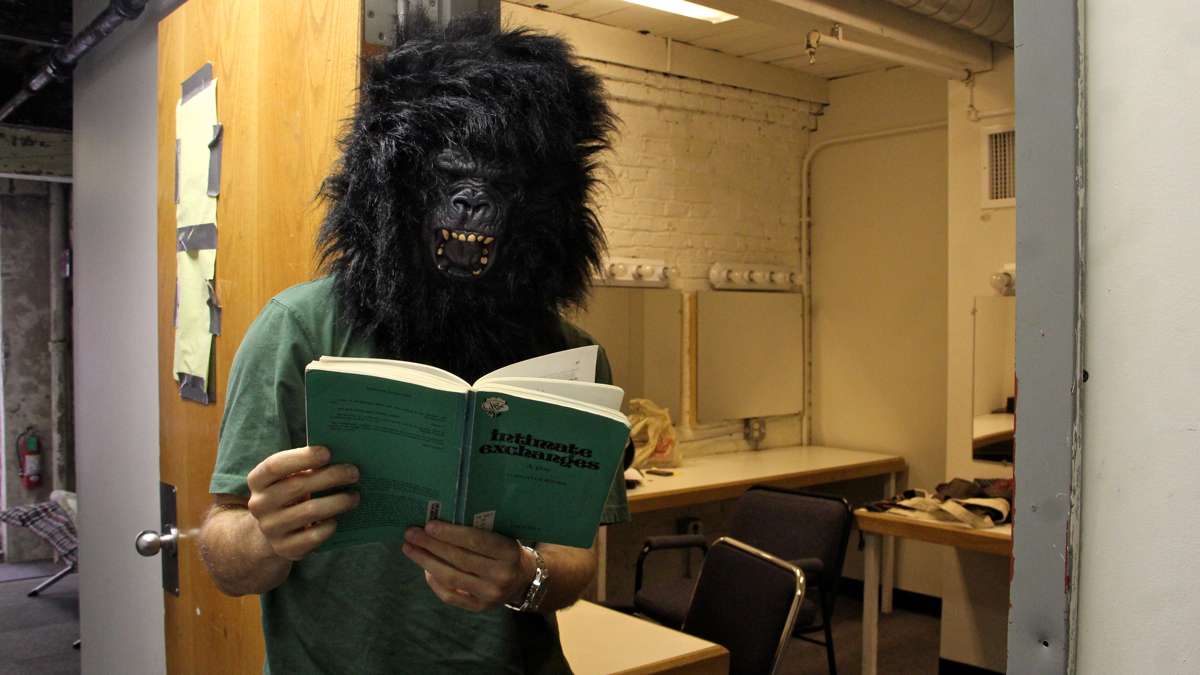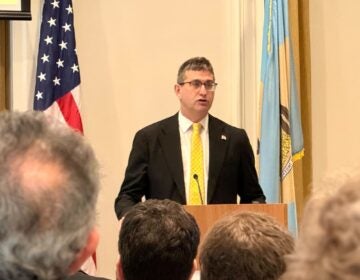The border crisis and the politics of immigration
I spoke at the Heritage Foundation in Washington, D.C. on Thursday, August 21, on a panel discussing the border crisis and the politics of immigration. My friends at the Center for Immigration Studies have transcribed some excerpts from my introductory remarks:
Both my parents were immigrants. And of course, all Americans should admire and respect immigrants. We’re not nativists, right? But that’s not the issue. The issue is: how many? Given the fact that we admire and respect immigrants, given our immigrant tradition, how many? And specifically, the issue is: do we let everyone in the world who wants to come here come here? Or, alternatively, are we going to enforce some kind of limit?
Now, I’m a lawyer. Lawyers like to think that they can argue both sides of every question. Me too. If we had all the time in the world, I could argue both sides of those questions. But that’s a choice we have to make. Are we going to let every single person in the world who wants to come here to take their shot at the American dream come here? Or are we going to enforce some kind of numerical limit?
That’s a choice. It’s a hard choice, especially a hard choice for elected officials because neither of those choices is really appealing. Open borders, let everyone in, that’s not going to sell. Everyone knows that. You can’t take that position. But enforcing a limitation means you have to turn around people who look a lot like our ancestors, who just want to work hard, take their shot. They’re not criminals, they’re not national security threats; we have to say no to them.
And if they come in in violation of our laws, in order to enforce our laws we have to remove them from the United States. And there are a lot of people in the United States who say, “Oh, that’s too hard; we can’t do that, either. We can’t have open borders. We can’t let everyone in, but we can’t really enforce the limitation either because that’s too hard. Give me a third choice.”
Well, there isn’t a third choice. But people think there is and they’re making one up as we go along. Here’s the third choice that they’ve come up with: “Let’s pretend that we have an immigration system, but let’s not enforce it. Do you think anyone will notice? And if a lot of people come in illegally, we’ll just give them a big amnesty and that will be the end of it.”
As a number of elected officials in this town have said, we’re going to deal with this issue once and for all, get it off our plates, never deal with it again. Guess what? It doesn’t work that way…
I was walking past the city hall in Cambridge, Massachusetts recently … [An inscription there reads] God has given commandments unto men. From these commandments men have framed laws by which to be governed. It is honorable and praiseworthy to faithfully serve the people by helping to administer these laws. If the laws are not enforced, the people are not well governed.
And of course, that reminded me of the current administration’s decision not to enforce the nation’s immigration laws. President Obama has gone to the Congress and asked for a big amnesty that will amnesty virtually all…. of the illegal immigration population, and double legal immigration going forward. He hasn’t been able to get that from Congress. And so he has instead initiated through executive order various policies, including prosecutorial discretion, which means that really the only illegal aliens who are high priorities for removal from the United States are those convicted of serious felonies or who present national security threats to the United States. If you don’t fall into those two categories, the reality is – and it’s been acknowledged by the former head of ICE – that you have almost zero chance of being removed from the United States.
Through executive order, the president has unilaterally decided that illegal aliens who entered the United States before the age of sixteen ought not be held responsible for their illegal entry and so should receive work authorization, not be subject to removal. More than 550,000 aliens have already been deemed qualified for that status by the administration….
The president is said to be contemplating a vast expansion of that deferred action program, possibly to include the parents….They [the children] got DACA because they were not responsible for coming, but we’re going to give DACA to the parents who were responsible for coming. I’m not sure that that makes any sense.
Is it any wonder that the U.S. is now experiencing this flood of aliens crossing our borders illegally, including record numbers of minors, all expecting to benefit from the administration’s policies? Now, if you listen to the administration spokesmen, they say, “Technically, we need to explain to them that they’re not going to qualify for any of these benefits.” Yeah, technically you need to explain that. But I’ll tell you, the people on the ground coming in across our border know better what’s happening at our borders than the bureaucrats sitting here in Washington, D.C.
They know, they’re getting through…They’re getting benefits. The kids are enrolled in schools. They’re being transported at taxpayer expense to their parents or relatives who are already in the country illegally. So they know the reality – that they’re here to stay. They’re never going home as long as this administration’s policies remain in place. And they’re calling home to spread the word: “Hey, this works. It absolutely works; find a reliable smuggler, get yourself into the United States and take your best shot.”
So that is the reality. The administration says, “Well, on these unaccompanied minors our hands are tied. There’s this 2008 anti-trafficking law.” But the Center for Immigration Studies has published a document showing that there’s at least three reasons why this is just another administration excuse.
The vast majority of these young people don’t fit the definition of unaccompanied minors under the statute. They are not victims of trafficking. They’re being smuggled. Their families are spending large sums of money to smuggle them into the United States to join relatives that are already here. …
(Complete video of the panel available here.)
WHYY is your source for fact-based, in-depth journalism and information. As a nonprofit organization, we rely on financial support from readers like you. Please give today.








